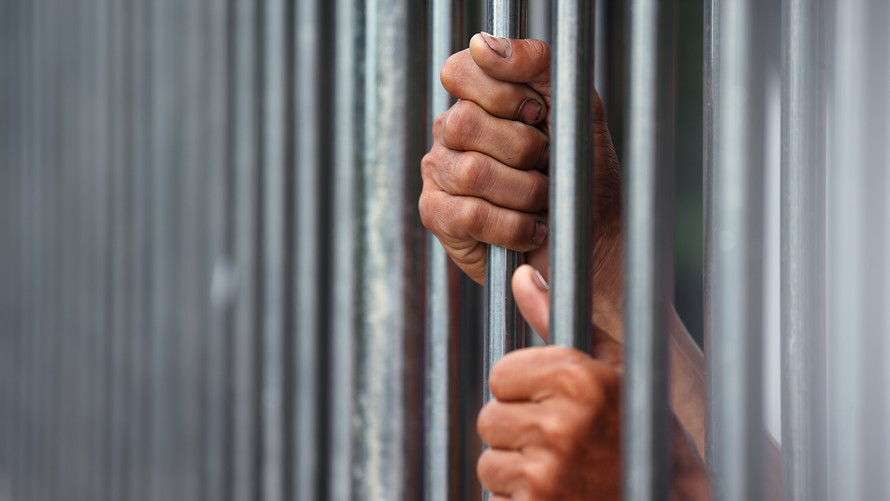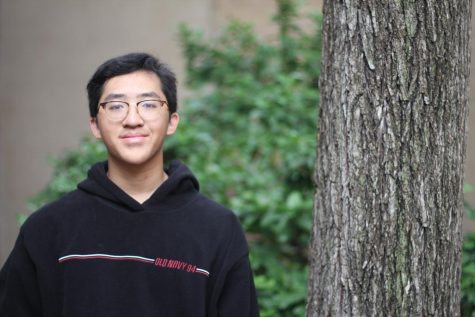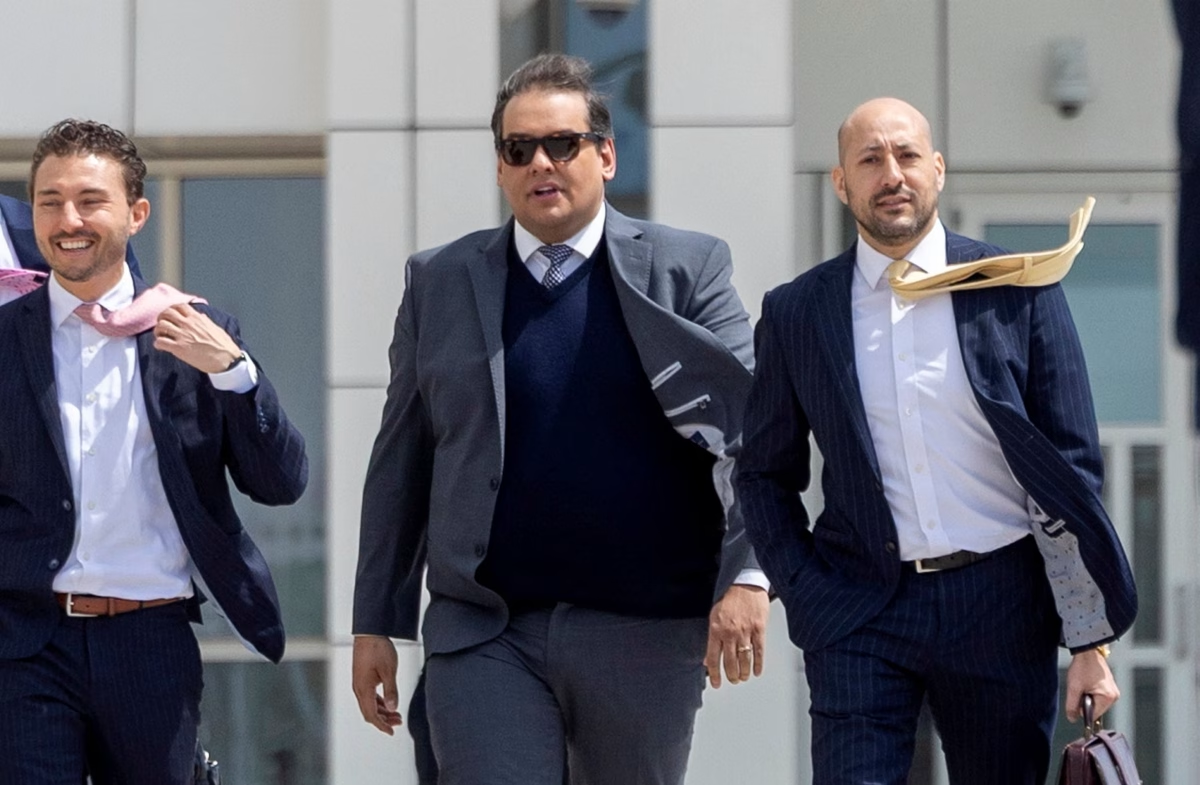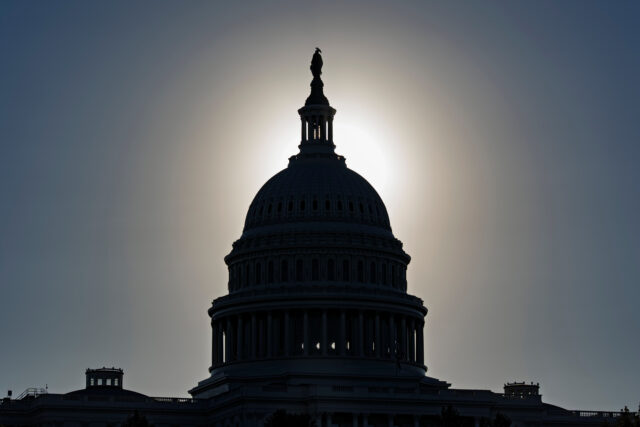American prisoners are protesting for more rights
Prisoners have been protesting recently in 17 different states to get better programs and more rights for all prisoners. (photo courtesy of Wikimedia Commons).
September 26, 2018
Prisoners should expect to relinquish rights after committing crimes
America’s prisoners feel they are worthy of valuable federal resources and are on strike in 17 different states against the government for confiscating their privileges when they were initially imprisoned.
Prisoners are demanding priority to other programs to be treated like citizens that reap the benefits of free education programs, a substantial wage and the right to vote.
Inmates are refusing to work or eat in order to gain momentum for their protests, though, the punishments and conditions that are sentenced to prisoners are justified.
Not only is the money expended on prisons amount to billions of dollars, in New York, according to CNN, the government invests more than three times the amount of money in each prisoner than they invest in each elementary/secondary school student.
As stated in an article by Forbes, in 2017, the U.S. government spends 80 billion dollars on incarceration each year.
Correctional facilities use the funds to provide prisoners shelter, food and education among other services.
Government revenue, which supply penitentiaries, comes from the citizens that pay taxes to improve public school education, infrastructure and resolving issues that will benefit the public commonwealth.
Prisoners that work for little to no pay are also bringing attention to the issue of labor exploitation in many states.
Correctional facilities are allowed to do this because of the 13th Amendment in the Constitution which states “neither slavery nor involuntary servitude, except as a punishment for crime whereof the party shall have been duly convicted.”
The U.S. already expends a considerable amount of funds to prisons. It would cost taxpayers millions more dollars to provide prisoners with more pay.
The voters should reserve the right to decide whether prisoners deserve the money that they work hard for.
Another issue that felons are challenging the U.S. government for is their right to vote.
However, in a New York Times article, Roger Clegg, president of the Center for Equal Opportunity, claims that to do so would be unfair.
“If you will not follow the law yourself, then you cannot make the law for everyone else,” Clegg said.
Voters determine the direction of the U.S. federal government and they drive the forces of political reform that solve severe issues.
Felonies consist of murder, kidnap, arson and other serious offenses. These crimes should not be taken lightly, people who commit this degree of criminal activity should not be able to take part in the political agenda that affects all Americans.
If the U.S. invested tax money into efforts to better the learning experience and educational programs, it would diminish the amount of dropouts, poverty and reduce incarceration rates.
Many believe that reforming the prison system is the answer.
However, the education systems that exist in poor neighborhoods fail to reduce the rate of poverty.
The government should not bow to prisoners’ demands and focus on allowing them to amend the mistakes they’ve already made, especially when other issues present a greater importance.








